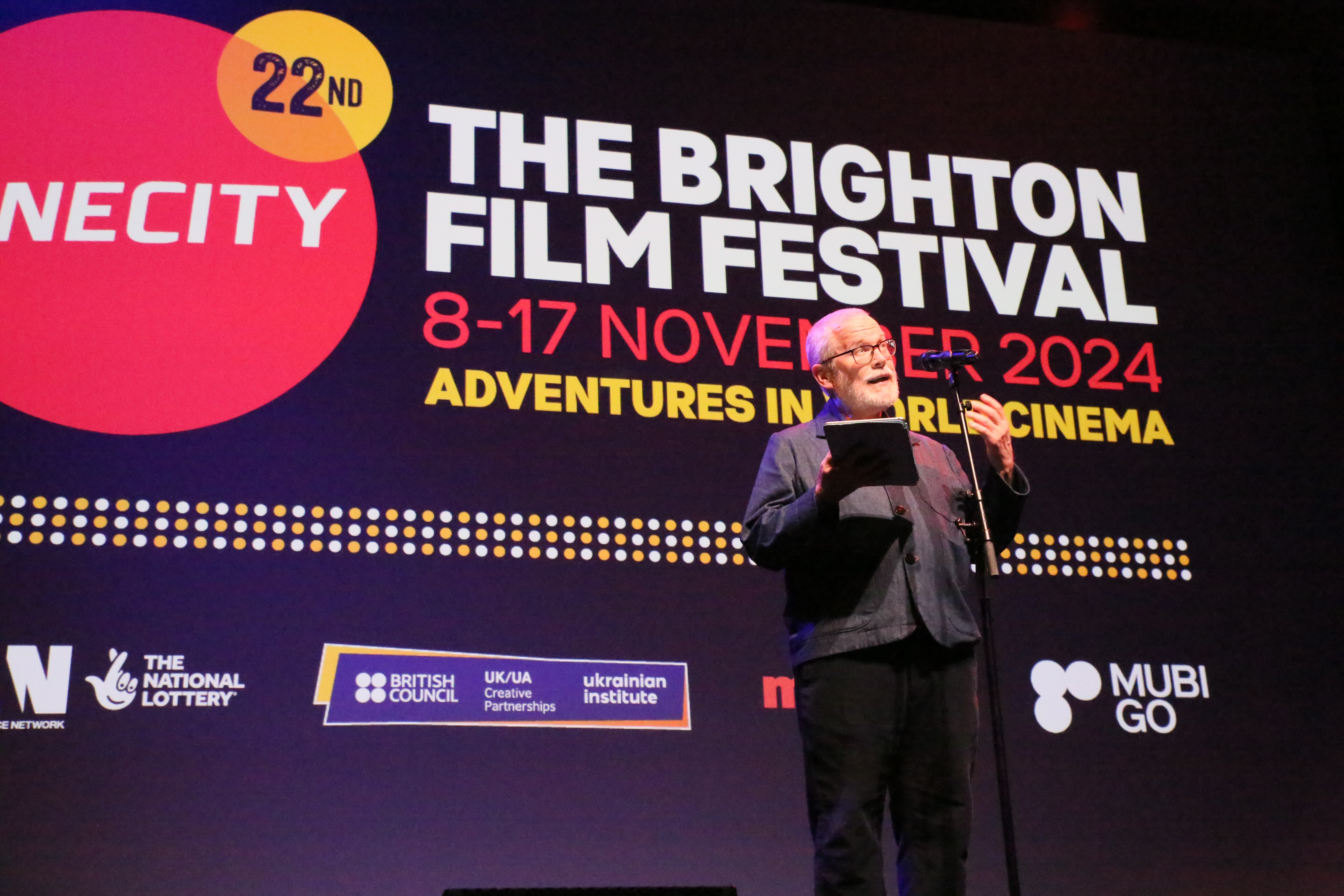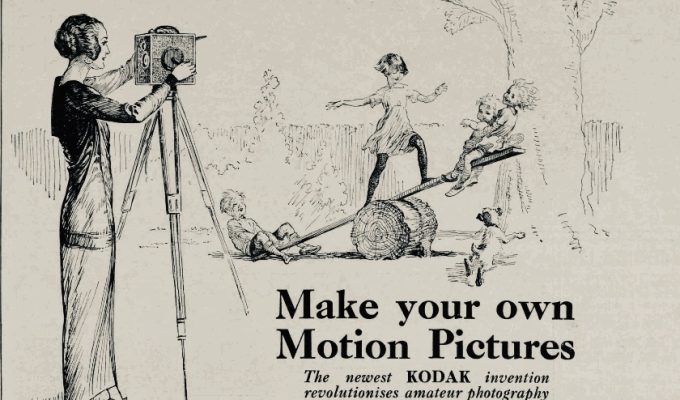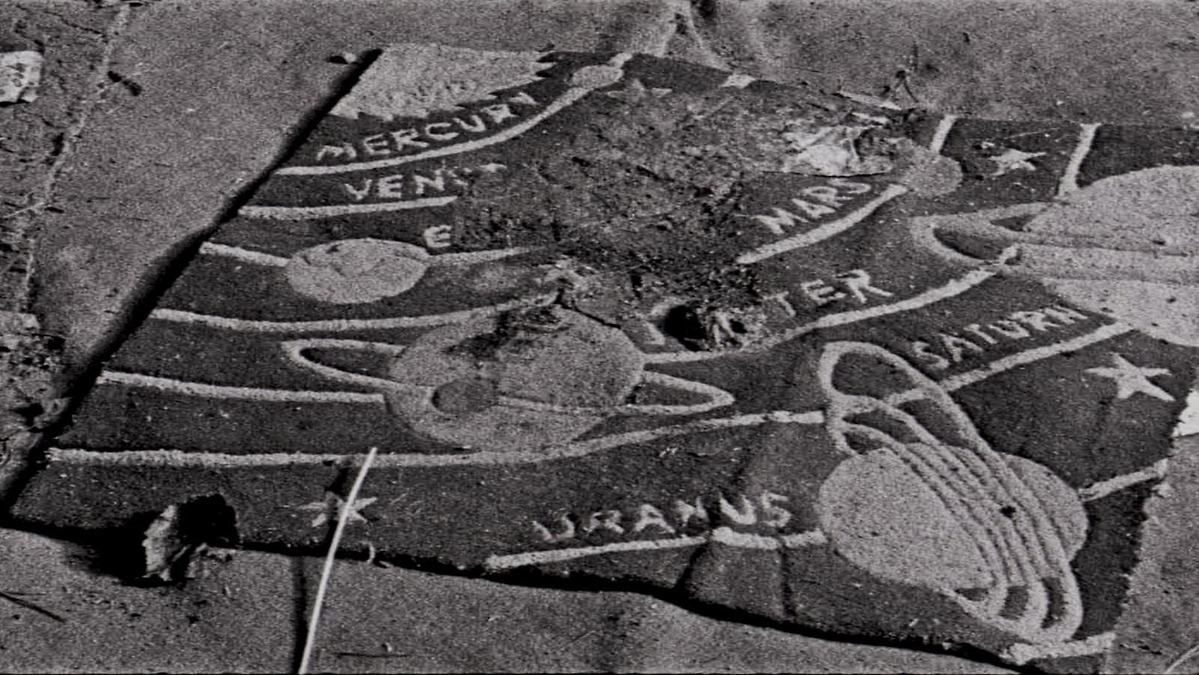
An Alternative Guide to Cinecity 2024
Things are ramping up for Cinecity 2024, kicking off on Friday with A Real Pain, screening at Brighton’s illustrious Duke of York’s cinema for opening night. Amongst a series of highly anticipated and exciting titles, the 22nd edition of Brighton’s leading film festival includes some hidden gems – archive discoveries, international shorts programmes, and a wealth of visual, experimental spectacle. For lovers of the avant-garde and the unusual, this is your curated guide to sourcing rare presentations of cinematic outliers – a time-worn practice of any dedicated festival goer.
THE BIRTH OF 16MM FILM
What better way to get into the sentiment of Cinecity 2024 than Screen Archive South East’s programme of 16mm film… celebrating 100 years of this groundbreaking format. Especially for young and emerging filmmakers, this talk focuses on how 16mm enabled amateur and home movie filmmaking to emerge – giving rise to the first sense of lo-fi, low budget cinema. Appreciators of filmmakers such as Jonas Mekas and Mark Jenkin will find a lot on offer in the sentimental work of the amateur archive – an ode to the grainy textural beauty of analogue, and this reformative style.
11:15am, Saturday 9th November
Lewes Depot
BOGANCLOCH
Speaking of analogue, the meditative new documentary work from self-taught 16mm filmmaker Ben Rivers is an unmissable addition to this year’s programme – returning to the reclusive subject of his films This Is My Land (2006) and Two Years At Sea (2011). Bogancloch is a meditation on the timelessness of nature – the microcosm of the forest soundscape, and the romance of isolation. This film feels like a portrait of a portrait, lost in the picturesque; the perfect antidote to digital-burnout. In line with the programme at Cinecity this year, within Bogancloch there’s a sense of moving forward whilst looking back, existing in the straits between archive and the contemporary. Rivers also happens to be the co-founder and programmer of the Brighton Cinematheque, which exhibited artist films from 1996 – 2006, and will be present to discuss his work after this notably personal screening.
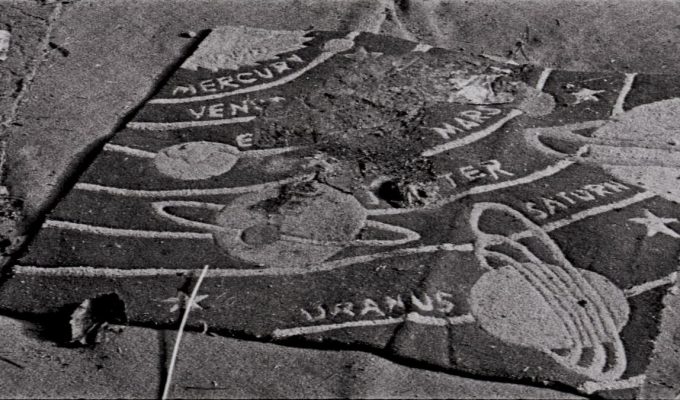
8:30pm, Sunday 10th November
Dukes at Komedia
UKRANIAN SHORT FILMS
Cinecity audiences are extremely lucky this year that the festival will be exhibiting a rarely screened selection of short films by guest curators Sasha Prokopenko and Olga Gusiatynska from Kyiv International Short Film Festival. Touching on the prevalent themes of ‘Ukrainian Cities’ and ‘Displacement’, these films capture voices which provide crucial witness testimony in the face of foreign occupation, arriving as messengers from the warzone.
The very act of viewing these films themselves feels like resistance to censorship – filmmakers who use digital filmmaking, telephones and voice messages to re-establish fragmented communities. There is so much to glean here – traversing ideas of political filmmaking, art as rebellion, and the podium modern technology has given to these intimate accounts of international conflict. The dual programme includes diaristic documentary Smoke of the Fire by Daryna Mamasuir, and the ruminative psychogeography of Three Windows on South West by Marila Ponomarova, films which transcend the climate of conflict through the confessional.
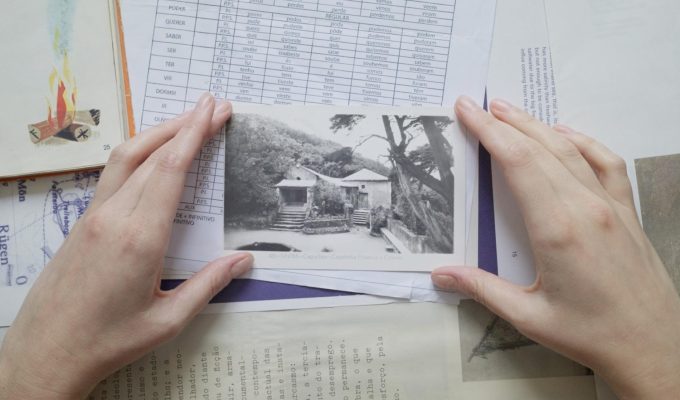
11:30am / 1:30pm, Saturday 16th November
ACCA
EARTH + Live Score
Delving further into Ukrainian history, Cinecity will also be exhibiting the masterful Earth by Oleksandr Dovzhenko – a film which has inspired political debate and conspiracy from its first release in 1930 up until the present. If you haven’t already seen Earth, it is a work which truly inhabits every inch of the screen, and deserves only the most cinematic of settings. If you have already seen it, this particular screening scored by Ukrainian musicians Misha Kalinin and Roksana Smirnova is a unique chance to experience its beauty all over again. Kalnin and Smirnova performed a piano duet to Mikhail Kaufman’s incredible city symphony In Spring at last year’s festival – which remains one of my favourite re-scored works of all-time. Their impressionistic duet in dialogue with the lyricism of the Ukrainian archive is a pervasive reminder of the role cinema plays in not only preserving heritage, but visual histories, landscapes and dialogues. ACCA is the perfect venue to re-animate these images of Ukraine’s past and breathe unfolding narratives into bygone tales.
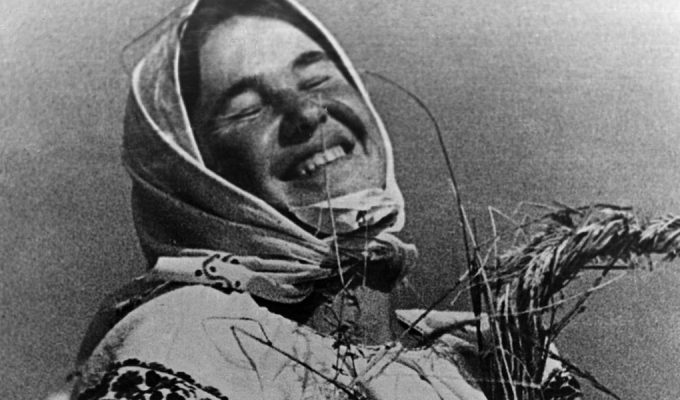
8pm, Wednesday 13th November
ACCA
SCANNER: HARRY SMITH AT 100 + Live Score
For the die-hard experimental film fans, this special 100 year anniversary of notorious New York director Harry Smith is a must-see. British sonic artist ‘Scanner’ will contribute yet another unforgettable score to Smith’s Early Abstractions, a collection of seven works, and Untitled Seminole Patchwork a short film understanding the intricate patterning and deconstruction of textiles. These films are both quite integral choices for a representation of Harry Smith’s catalogue – abstract and occupied with folklorism and physical material. For newcomers to Smith it’s important to know he was deeply guided by esoteric spirituality and obsessed by anthropology, which gave his filmmaking an alchemical, intensely psychedelic overture. Expect to be overwhelmed by the extremes of colour and form, dynamic and playfully set to an immersive soundscape.
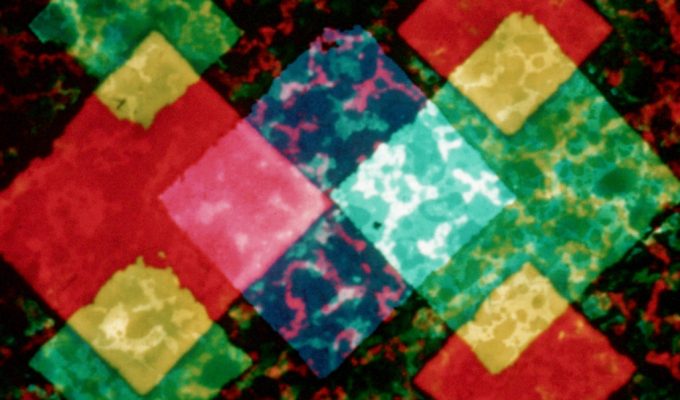
8pm, Friday 15th November
ACCA
WITCHES
Returning to the world of feature films, there’s plenty of the eclectic, supernatural and uncanny to be found in this year’s programme. Appreciators of horror essay classic Häxan will adore this latest offering to the altar – Witches a new documentary on feminist supernatural history by Elizabeth Sankey. Focusing on her own postpartum depression, Sankey looks at the lines between the hysterical figure, the mother and the witch in understanding how all three of these myths have interacted over time to produce cultural misconceptions around women’s psychological interiors and autonomy. Using clips of notable witches from film history to demonstrate her thesis (cinephiles will be constantly delighted), serving as a kind of index to the countless iterations of female sorcery onscreen. What remains so impressive here is the connection of filmic research and articulation to the director’s own vulnerability – where cinema becomes a touchstone, an antidote for mental trauma.
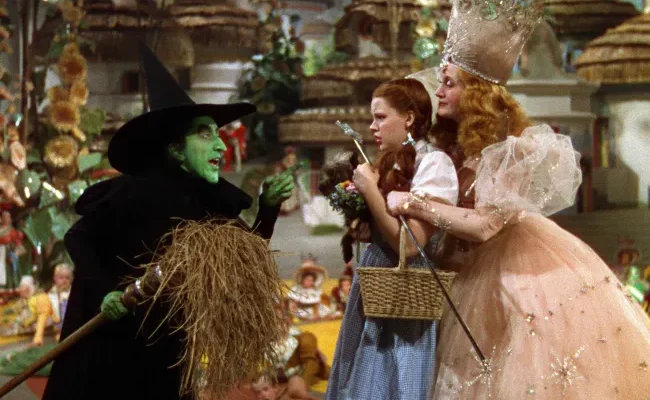
8:45pm, Thursday 14th November
Duke of York’s
RUMOURS
This genuinely bizarre black comedy blends Germanic fairy tales, bog monsters and allegorical politicians in the latest from frequent triple-threat collaborators Guy Maddin, Galen Johnson and Evan Johnson. Truly nothing gets weirder than the contemporary Canadian scene, and Rumours really emphasises a national ability to be cynical in the most warm-hearted sense imaginable. This film is truly lovable, and descends into an apocalyptic romp by way of dusklight and fable, featuring an inexplicably British American President (naturally Charles Dance), and a gigantic slimy brain. Chaos and humour saturates the edit, balanced perfectly amidst luminescent cinematography and woodlands blanketed in ancient mists. Cate Blanchett does her very best German accent, and any allusions to world leaders, fake or real, are guaranteed to entertain and inspire. It’s a strangely commercial offering from avant-garde archive re-animator Guy Maddin, but perhaps the secret of his practice lies in the spell of Rumours – a film about what lived before and what may remain after, and how the end of times may even be cause for relief.
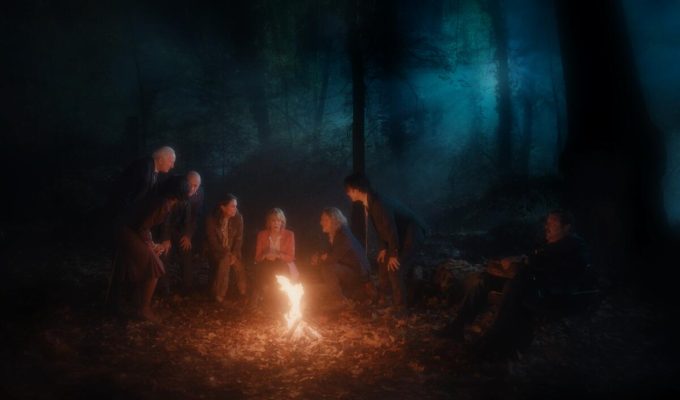
6:45pm, Monday 11th November
Duke of York’s
SATU – YEAR OF THE RABBIT
Returning to 16mm format (the year of 16mm?) is Joshua Trigg’s debut feature Satu – Year of the Rabbit, centred on an abandoned boy’s search for his mother amongst the rural landscape of Laos. Heartfelt and grounded, the narrative rests on the friendship of two young boys, played with genuinity and charm by first time actors, supported by a locally hired crew. This kind of filmmaking speaks to the long history of location shoots, and guarantees a cinematic experience surrounded by active cultural engagement. Fans of Apichatpong Weeserakethul and Abbas Kiarostami will appreciate Satu’s patient, meditative pacing, and regional focus. The camera works inventively to portray the understated – lingering on moments of the microvisual in the way that only a child’s curiosity would. Trigg feels like one to watch, and his latest is a refreshingly human exploration of what it means to see the world with unjaded perspective.
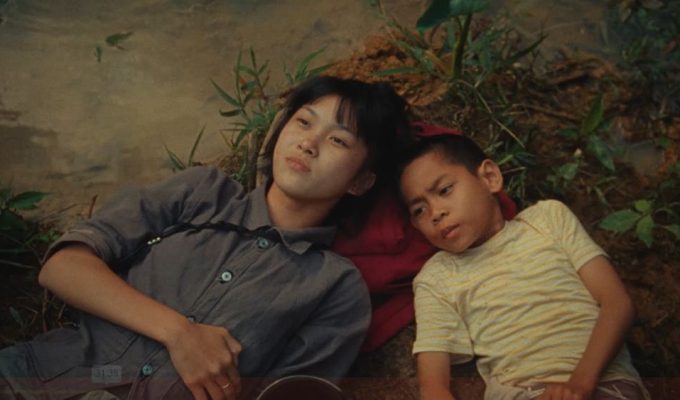
4:45pm, Sunday 17th November
Lewes Depot
SERGEI PARAJANOV : THE COLOUR OF POMEGRANATES // SHADOWS OF FORGOTTEN ANCESTORS & KYIV FRESCOES
There’s a focus for festival-goers this year on director Sergei Parajanov, showcasing his prolific work of the 1960s in features Shadows of Forgotten Ancestors, and perhaps his most notorious work The Colour of Pomegranates, a series of highly evocative vignettes portraying the life and poetry of Armenian poet Sayat-Nova. Traditional cinema often seeks to create within its liminality an expansive reflection of reality, but Parajanov with this work uses the borders of the screen to paint miniatures, clustered with national semiotics and startling visual composition. The subject of the film can feel at a distance before viewing, but Parajanov’s anti-institutional approach to his visual language remains so contemporary and impressionable – embracing androgynous gender, queer sexuality and defying taboo. Directors Martin Scoresese, Andrew Kotting, Alice Rohrwacher and Timothy Quay have all listed the film as an integral influence on their own style, along with unexpected homages to the film by Madonna and Lady Gaga… which can truly only be explained through experiencing Pomegranates for oneself.
His 1966 saga Shadows of Forgotten Ancestors is one of the most decadently magical realist films in history – subverting the modern notion that surrealism is only reserved for apolitical cinema. Parajanov again returns to colour, costume and style as a means to subvert nationalist expectation and distance itself from the USSR. During its initial release, the film lit up almost every single major international festival and received award after award – its immediate sensibility for dramaturgy and style transcending global political prejudice. Composer Myroslav Skyork contributes traditional Ukrainian folk songs to the score, alongside detailed recreations of authentic peasantry aesthetics and dialogue which heavily divided national opinion. Both of these features are a mystical doorway into the past, and into the mind of one of cinema’s most influential auteurs, his work fraught between persecution and artistic liberty. Shadows of Forgotten Ancestors will also include a short film by Parajanov beforehand; a compilation of his banned screen tests for a destroyed feature.
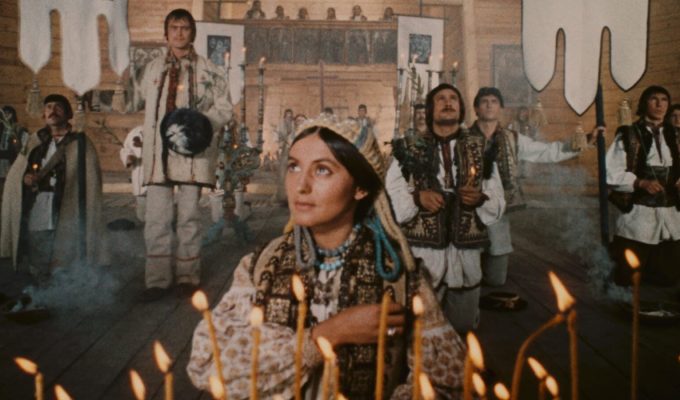
12pm, Sunday 17th November
Duke’s at Komedia //
3:15pm, Sunday 10th November
Duke of York’s
By Lucy Peters
